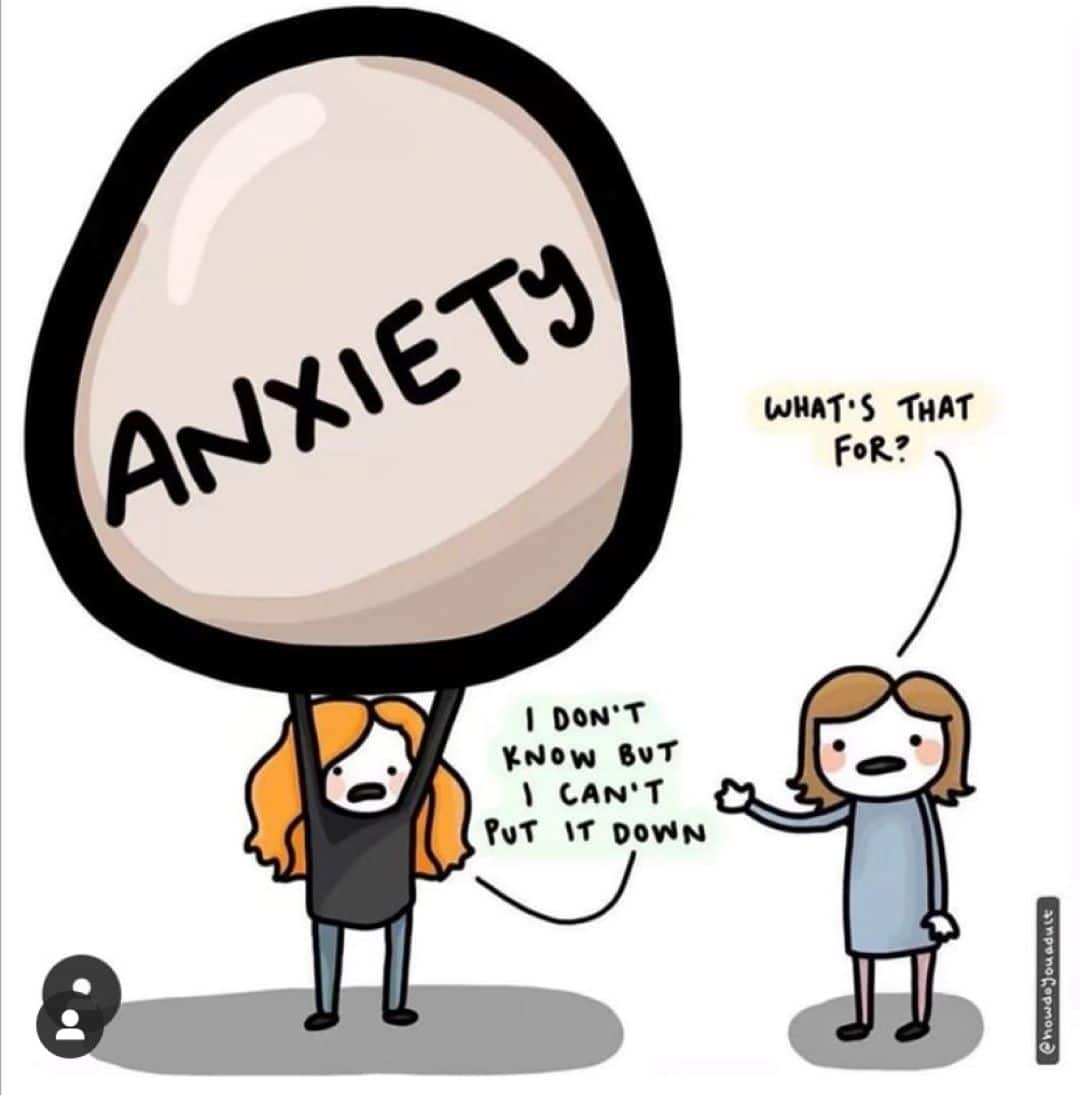
Anxiety is a totally normal reaction to danger. If you are feeling anxious, it is likely that your body’s automatic fight-or-flight response has been triggered due to a perceived threat. The threat could be actual danger, or maybe just feeling pressured, or facing a challenging situation like a job interview, exam, or first date.
Anxiety is not necessarily a bad thing. It is an emotion designed to keep you alive after all. It can help you to stay alert and focused, spur you to action, and motivate you to solve problems.
But…
If your anxiety is constant and/or overwhelming, and your worries and fears interfere with your relationships and daily life – you may have crossed the line from normal anxiety into the territory of an anxiety disorder.
Anxiety disorders are a group of related conditions rather than a single disorder, so symptoms will vary from person to person.
You might experience intense anxiety that strikes without warning, while another person gets panicky at the thought of talking to people at a party. Someone else may struggle with a disabling fear of driving, or uncontrollable, intrusive, or racing thoughts. While another may live in a constant state of tension, worrying about anything and everything.
Anxiety also does not have to always look or feel like panic or distress. Here are some other ways that anxiety can manifest and cause problems in your life:
• Keeping busy and overachieving
• Being organized and “in control”
• Overcommitting to things
• Being confident and outgoing (even when you’re worrying inside)
• Being detail-oriented and attentive to the “little things” others look over
Those may seem like normal or even positive traits. The important part is how those attributes affect you and if they cause you distress, then that is when it becomes a problem. For example, keeping busy and overachieving is good, right? Well, what if you make a mistake or do not reach an important goal – do you fall apart and cannot cope with not being perfect? If you cannot be in control of a situation, do you feel panicky?
What they all have in common is an intense fear or worry that is very likely out of proportion to the situation at hand.
Having an anxiety disorder is awful and can prevent you from living the life you want, but if you are experiencing this, you are not alone. Anxiety disorders are among the most common mental health issues. According to the Anxiety and Depression Association of American, anxiety disorders affect 40 million adults in the United States age 18 and older, or 18% of the population every year. Anxiety disorders affect 25.1% of children between 13 and 18 years old. Research shows that untreated children with anxiety disorders are at higher risk to perform poorly in school, miss out on important social experiences, and engage in substance abuse. Anxiety is also as common among older adults as among the young. Generalized anxiety disorder is the most common anxiety disorder among older adults, though anxiety disorders in this population are frequently associated with traumatic events such as a fall or acute illness. We could make a fair assumption that rates of anxiety and other mental health problems will likely have increased in 2020 due to COVID and the isolation we have all experienced. However, it is important to note that anxiety disorders are very treatable and respond well to treatment.
Once you develop an understanding of your anxiety, there are steps that you can take to reduce the symptoms and take back control of your life.
If you struggle with anxious, self-critical, racing thoughts and consider yourself an overthinker, seeking out professional help can help you address these concerns and live the life you want to live.
*image courtesy of @HowdoYouAdult